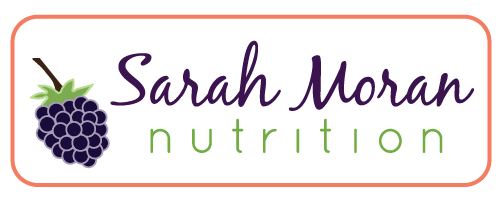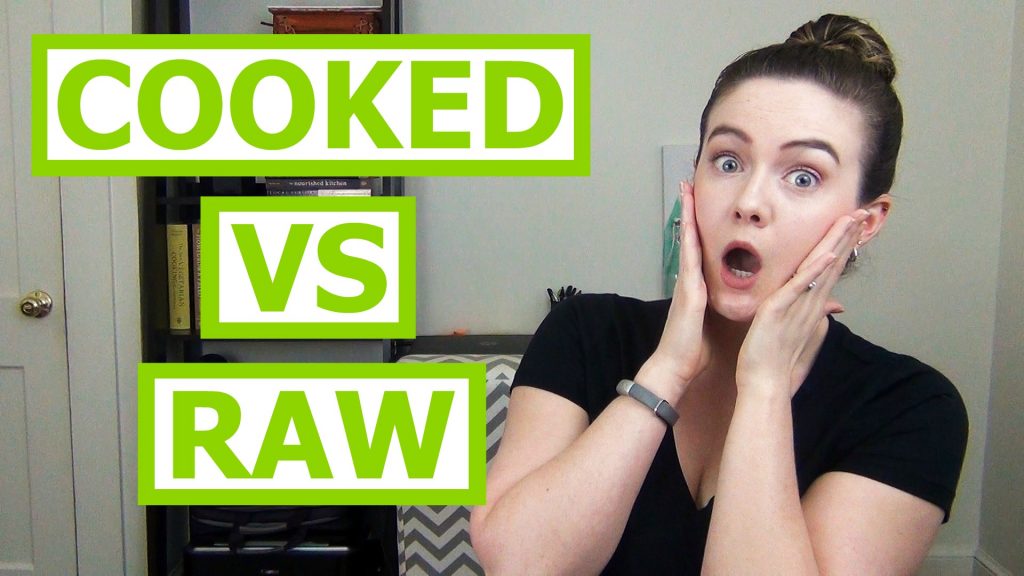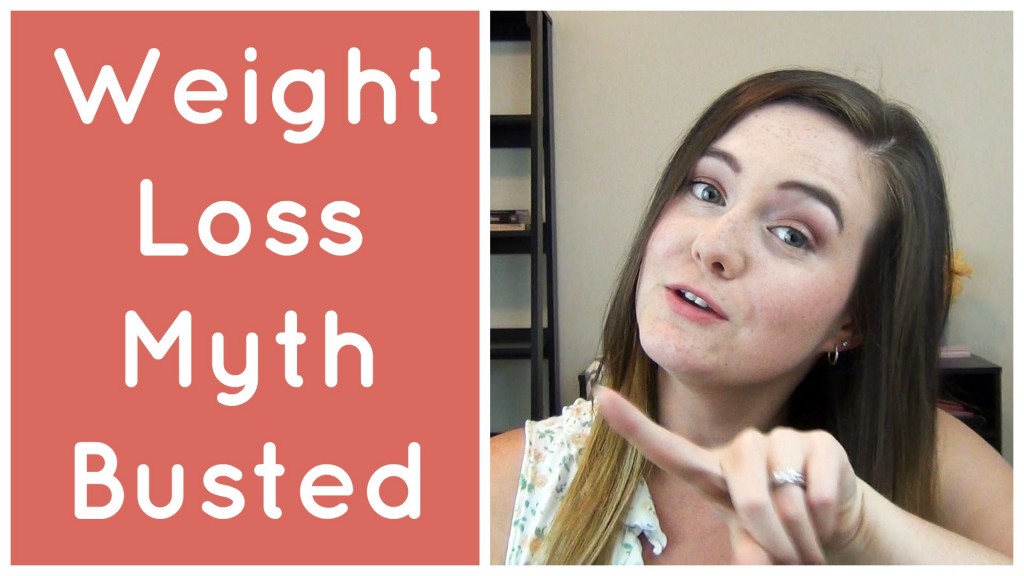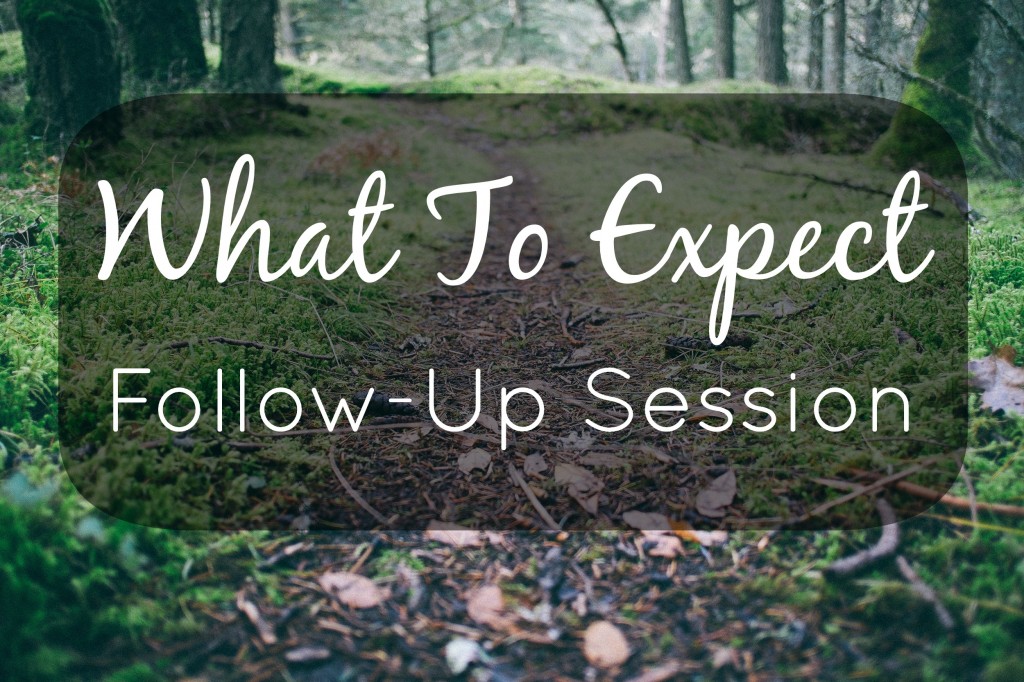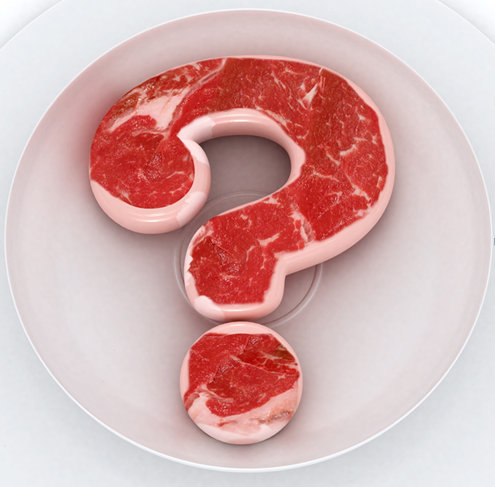As it turns out, most people don't really know what it's like to work with a dietitian. I'm constantly getting questions about how exactly I help clients. Do I sell supplements? Give out meal plans? What do we talk about during your sessions? Now, I obviously can't speak for every dietitian out there, but I can give you some insight into what it's like to work with me. Today, I'm laying out what we'll cover at our first session together.
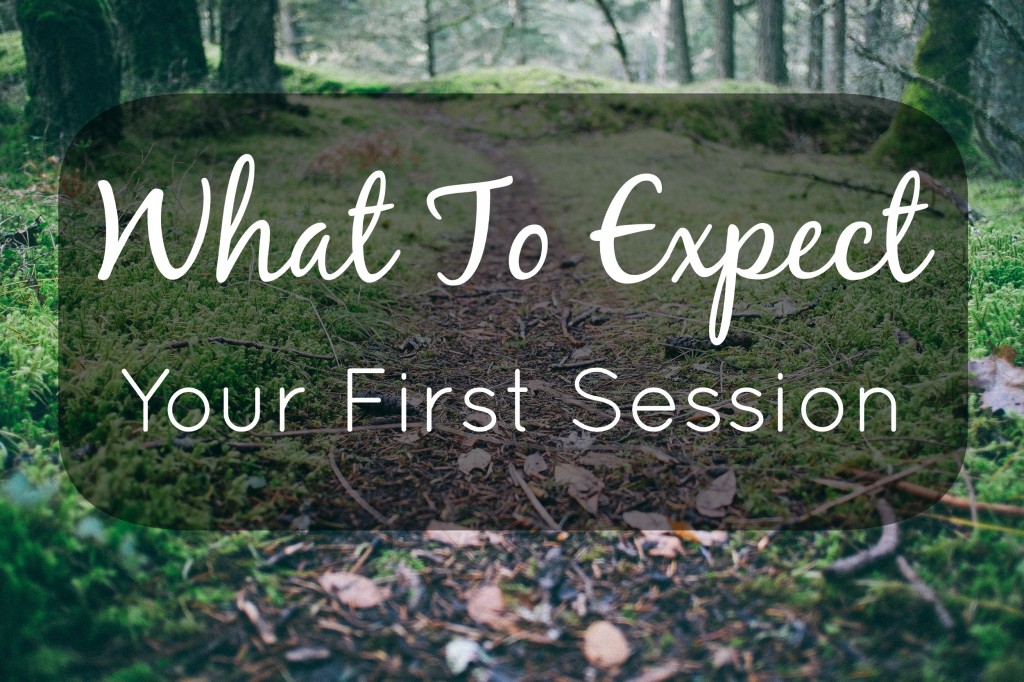
The Basics
Before we start going through the components of your first session, I want to clear up some of the confusion about what I do.
I do not sell nutritional supplements. I help people build a healthy lifestyle based around whole, real foods. People eat food, not pills and powders.
I do not hand out meal plans. There are a couple reasons for this. One, meal plans are short term. You follow them until you reach a certain goal and then you stop. I'm not in the business of dieting. Rather, I want to help you find a new, healthy way of living that is sustainable and lasts. No going "on" or "off," just living. Second, meal plans are boring and static. No one can eat the same foods all the time and variety is key when it comes to nourishing your body. What happens when you want to try a new recipe or go to a new restaurant? I want to arm you with skills and knowledge that you can take with you, not rules and stagnant plans.
Now that we have that out of the way, let's talk about what happens at your first session. :D
What You Want
We'll start off by getting clear on why we're working together in the first place. Now, by the time you end up in my office, I'll already have some idea of what your main focus is from our initial conversations and your paperwork. However, no two people are alike, and the same general goal can turn out to be quite different from one person to the next, once we really get down into the details. This is about me getting clarity on what exactly you are working towards and also helping you to take the time to truly consider what it is that you really want.
Health History
As diet and lifestyle are so closely tied to your health, it's important for me to know about your health history. Having this information helps me make appropriate recommendations based on your individual situation.
Diet History
Our past experiences help to shape who we are. We'll discuss any notable weight fluctuations, plans or programs you've tried in the past, and any other nutrition or health information you may have picked up along the way. This helps me to better understand how you got where you are now and how those experiences may influence your habits and beliefs around food.
Current Lifestyle
Once we've dealt with the past, we'll talk about what you're doing right now. What you're eating, your physical activity, sleep habits, and more. Everyone is starting at a different place and my recommendations are always tailored to where you are currently. I'm gonna push you to make changes that are challenging for you, but not unrealistic or so overwhelming that you just throw up your hands and give up. This isn't about a quick fix, it's about gradually replacing old habits with new ones so you can build a healthy lifestyle and find a new normal.
Education and Questions
Now that I know more about you, we can start talking about changes. Looking at where you are now, we'll figure out what you first step will be. I'll give you the education and information you need to get started and you'll get your initial food and nutrition questions answered.
Goal Setting
At the end of our session, you'll set some goals for yourself to work on until the next time we meet. These are smaller goals that will help you reach your ultimate goal over time. We'll make sure they are challenging enough that they require some effort on your part, but not so drastic that they become unrealistic. You'll leave knowing exactly what to work on.
Wondering what comes next? Make sure to read about what to expect at your follow-up sessions! Still have questions about my services? Ask in the comments below or contact me directly.
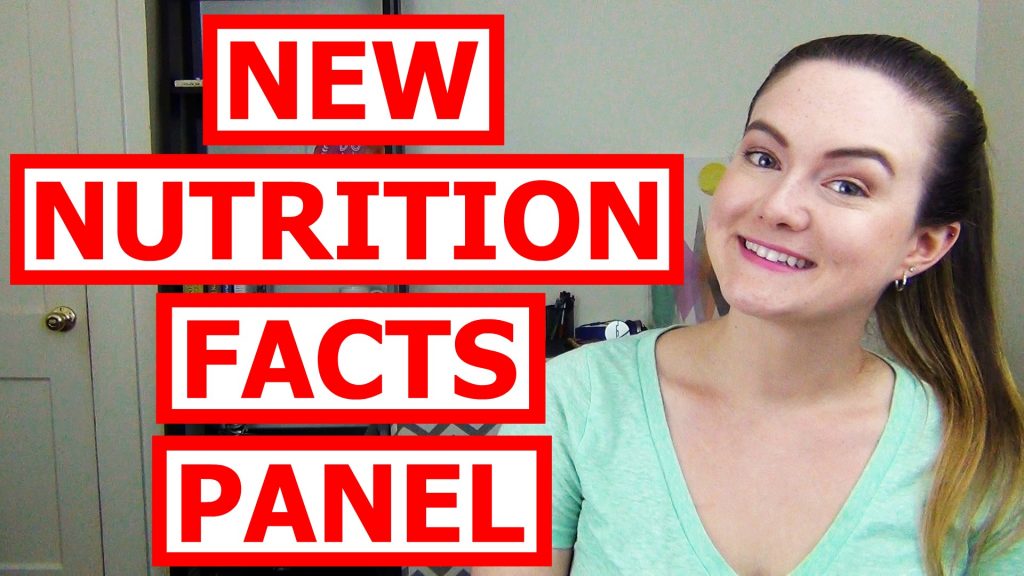 The new nutrition facts panel has been in the works for a couple years now, but the the FDA has finally approved the updated design! There have been a few changes made to the overall appearance of the panel and some changes to what information is included. They've also made some important updates to serving sizes and the way they're used. This is big stuff!
The new nutrition facts panel has been in the works for a couple years now, but the the FDA has finally approved the updated design! There have been a few changes made to the overall appearance of the panel and some changes to what information is included. They've also made some important updates to serving sizes and the way they're used. This is big stuff!